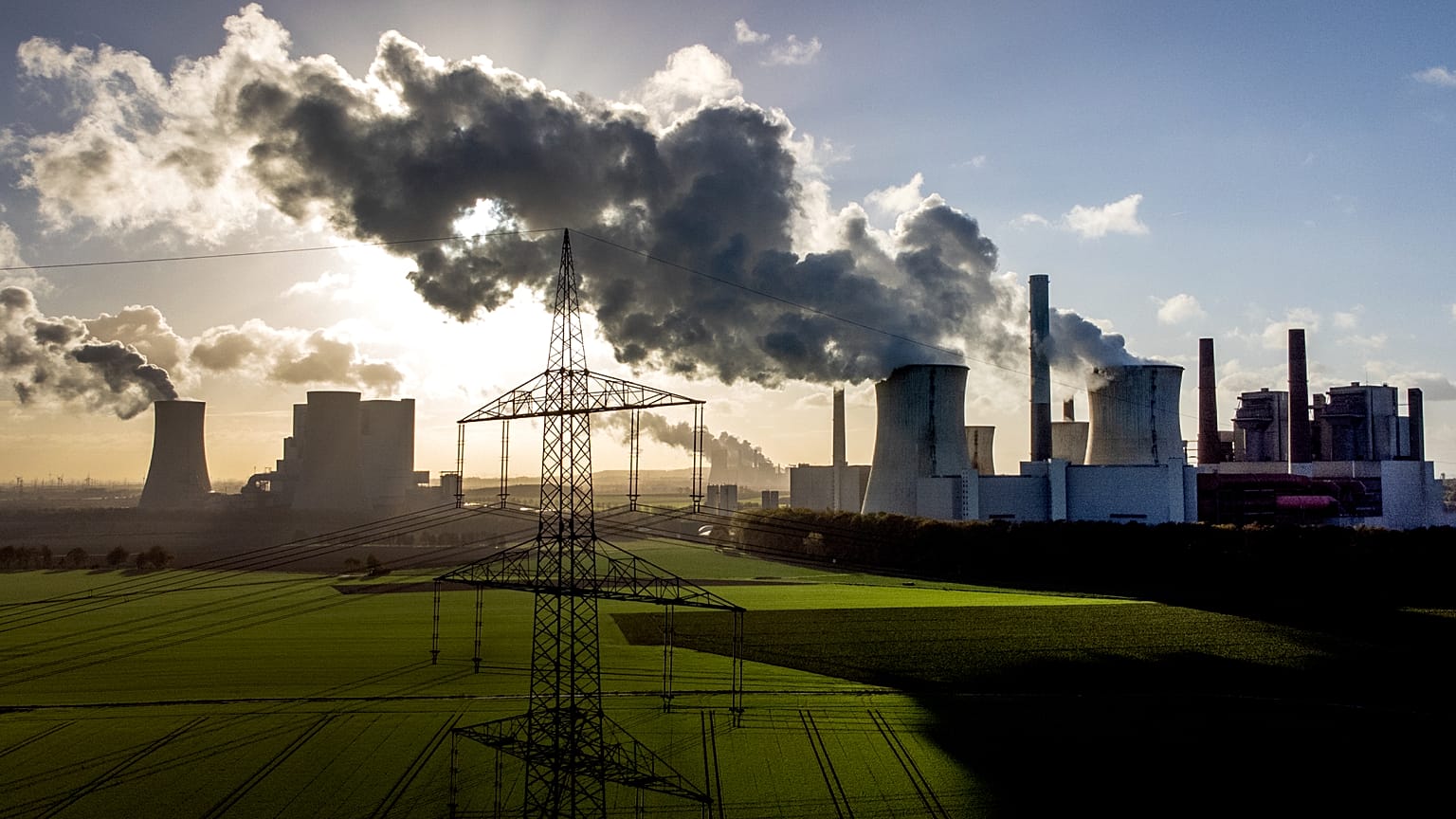Politics
EU Nations Clash Over 2035 Climate Goals Ahead of COP30

European Union (EU) countries are grappling with contentious discussions over their climate goals ahead of the upcoming COP30 climate summit in Brazil. A decision regarding national emissions targets for 2035 has been deferred from a ministerial meeting this week to a leaders’ summit scheduled for October. This delay comes as member states prepare for significant discussions at the UN General Assembly (UNGA) next week.
Disagreement Over 2035 Targets
Environment ministers are set to convene on September 18, 2023, in Brussels to debate the EU’s Nationally Determined Contributions (NDCs) for 2035. These targets must be established at the EU level before the COP30 meeting, which will take place in November. An internal briefing note obtained by Euronews indicates a divide among member states, with some advocating for less ambitious emissions reductions.
Countries classified as “less climate ambitious” propose a reduction target of approximately 66% of greenhouse gas emissions on a linear trajectory from 2030 to 2050. Conversely, more ambitious nations are pushing for an “indicative statement” prior to the UNGA, recommending a 2035 target between 66% and 72.5%.
The EU’s commitments under the Paris Agreement require the bloc to submit or update its NDCs every five years. This update must reflect both the 2035 target and intermediate goals, such as the expected 2040 target, which is set to be presented at COP30. While the EU’s NDC is formally adopted by member countries, the climate target for 2040 will require an amendment to the European Climate Law established in 2021.
Strategic Discussions Ahead of UNGA
Some member states are advocating for the simultaneous adoption of both the 2035 and 2040 targets, arguing that this unified approach would enhance the EU’s global climate leadership at COP30. According to the internal note, it is unlikely that a general position can be determined solely at the Council level after discussions in October. An extraordinary meeting of the environment ministers may be convened before COP30 to finalize the targets.
The Danish Presidency is adamant about arriving at the UNGA with a concrete strategy, exploring two potential pathways: one that features lower-range NDCs and another that separates the 2040 climate target from the NDCs. An EU diplomat revealed, “We’re seeking guidance from the member states for a policy debate and not a general approach.”
Denmark has been proactive in attempting to link the 2035 and 2040 targets. Last week, the Danish Presidency sought to facilitate a vote at the ministerial level. However, countries such as Germany and Italy supported France in pushing the decision to the European Council meeting in October, which will be attended by heads of state. This stance has garnered support from nations including Austria, Czechia, Hungary, Latvia, Malta, Poland, Romania, and Slovakia.
In contrast, countries like Czechia, Hungary, Poland, and Slovakia are advocating for discussions with heads of state in October, hoping to revisit the proposed 90% reduction target for 2040. France, Germany, and Italy are focusing on establishing the “framework conditions” that would allow for the proposal’s advancement.
As the EU navigates these complex negotiations, the outcome will not only impact regional climate policy but also influence global efforts to combat climate change at the upcoming COP30 summit. The decisions made in the coming weeks will be pivotal in shaping the EU’s climate strategy and its international commitments.
-

 Top Stories5 days ago
Top Stories5 days agoTributes Surge for 9-Year-Old Leon Briody After Cancer Battle
-

 Entertainment2 months ago
Entertainment2 months agoAimee Osbourne Joins Family for Emotional Tribute to Ozzy
-

 Politics2 months ago
Politics2 months agoDanny Healy-Rae Considers Complaint After Altercation with Garda
-

 Top Stories4 days ago
Top Stories4 days agoNewcastle West Woman Patricia Foley Found Safe After Urgent Search
-

 Top Stories1 month ago
Top Stories1 month agoIreland Enjoys Summer Heat as Hurricane Erin Approaches Atlantic
-

 World2 months ago
World2 months agoHawaii Commemorates 80 Years Since Hiroshima Bombing with Ceremony
-

 Top Stories2 months ago
Top Stories2 months agoFianna Fáil TDs Urgently Consider Maire Geoghegan-Quinn for Presidency
-

 World2 months ago
World2 months agoGaza Aid Distribution Tragedy: 20 Killed Amid Ongoing Violence
-

 World2 months ago
World2 months agoCouple Convicted of Murdering Two-Year-Old Grandson in Wales
-

 Top Stories2 months ago
Top Stories2 months agoClashes Erupt Between Far-Right Groups and Migrants in Spain
-

 World2 months ago
World2 months agoAristocrat Constance Marten and Partner Convicted of Infant Murder
-

 Top Stories4 days ago
Top Stories4 days agoPatrick Kielty Returns to Late Late Show, Thanks Supporters









